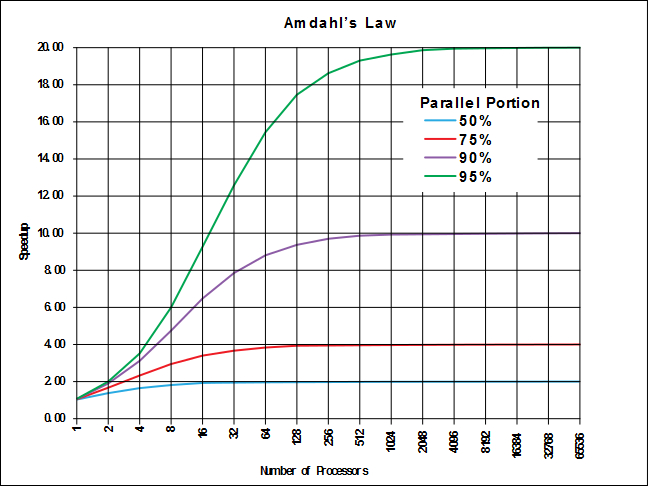Few thoughts on this benchmark now dust has settled.
For one it's telling they are showing multi-core performance, they're using a workstation orientated benchmark. This leads me to think they may not have the clockspeeds we're after, maybe close but just not enough, so they target the multi thread workload market, lower cost multi core option than Intel. This naturally extends to servers if they have TDP in check.
Canned benchmarks sure have their place. But for someone like me who wants to know how well it does encoding video, in a real scenario when I'm working with it, real world tests are the one.
I got Blender up and running and made a few passes on the BMW file. It does load all 16 threads to 100% during a good portion of the render - it tapers off to nearly nothing for the last couple of seconds. Handbrake doesn't usually run more than 98% consistent on each thread with the settings I use.
OK, there's real world. I can run Blender and Handbrake. Is my computer any faster or slower running them than a Zen? Can't say. You'd need a benchmark for that.
![[H]ard|Forum](/styles/hardforum/xenforo/logo_dark.png)



